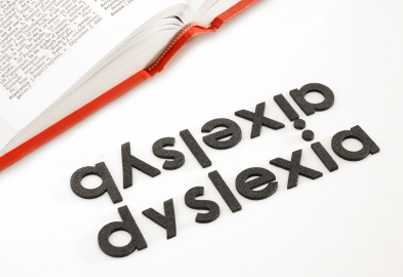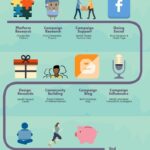Some time ago, I did some research on the role dyslexia plays in entrepreneurship. I came across findings by Sally Shaywitz of the Yale Center for Dyslexia & Creativity that indicate dyslexia is a key attribute of many successful entrepreneurs. Notable figures such as Richard Branson, William Hewlett, Henry Ford, Ted Turner, and Charles Schwab are dyslexic, showcasing the potential strengths this condition brings to entrepreneurial success. Beyond entrepreneurs, many successful inventors, politicians, artists, and athletes also share this trait.
Dyslexia occurs in about 10% of the general population. However, research by Julie Logan of the Cass Business School found that approximately 35% of entrepreneurs are dyslexic. This significant overrepresentation stems from dyslexics’ lifelong experience in overcoming traditional learning obstacles. These experiences foster creativity, resilience, and problem-solving abilities, which are critical traits for entrepreneurial success.
Being dyslexic myself and raising two dyslexic children, I see broader lessons applicable even to non-dyslexics. Because dyslexics require more energy and effort to process written words, they tend to read more slowly. This slower pace allows for deeper critical thinking and reflection, providing time to see insights and connections. Interestingly, studies have shown that non-dyslexic students who are given a test in a hard-to-read font often perform better than their peers who take the same test in an easier-to-read font. The added difficulty mimics the way dyslexics process text, encouraging deeper thinking and better results.
The benefits of thinking differently are not limited to dyslexia but extend to other forms of neurodivergence. Neurodivergence refers to cognitive variations from the typical neurological norm and includes conditions such as dyslexia, ADHD, autism, and others. Rather than being viewed solely as limitations, these differences are increasingly recognized for the unique strengths they can offer, especially in entrepreneurship.
For example, neurodivergent individuals often excel in big-picture thinking, creativity, and innovative problem-solving. They may process information quickly and are more likely to take risks, adapt to failures, and experiment with unconventional ideas—traits that are invaluable in business. Empathy is another common strength, helping neurodivergent entrepreneurs foster inclusive workplaces where team members feel valued and supported, ultimately driving innovation and loyalty.
However, it’s important to acknowledge the challenges that neurodivergent individuals face. Conditions like ADHD can come with difficulties in time management and executive functioning, while traits like hyperfocus may require specific systems or tools to maximize their benefits. Successful neurodivergent entrepreneurs often address these challenges by building complementary teams, developing accountability structures, and leveraging strategies that align with their unique ways of thinking.
Research has consistently linked neurodivergence to entrepreneurial success. For instance, traits like creativity and unconventional approaches often lead to groundbreaking innovations and fresh perspectives. While the term “superpower” is sometimes used to describe neurodivergence, it is most accurate when paired with the right tools, systems, and accommodations to harness strengths and mitigate weaknesses.
Ultimately, whether neurodivergent or neurotypical, embracing diverse ways of thinking and solving problems can lead to meaningful breakthroughs—not just in business, but in how society values and supports individuals with different cognitive strengths.
Can you benefit from reading like a dyslexic?












